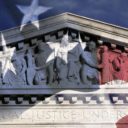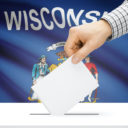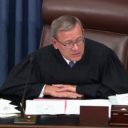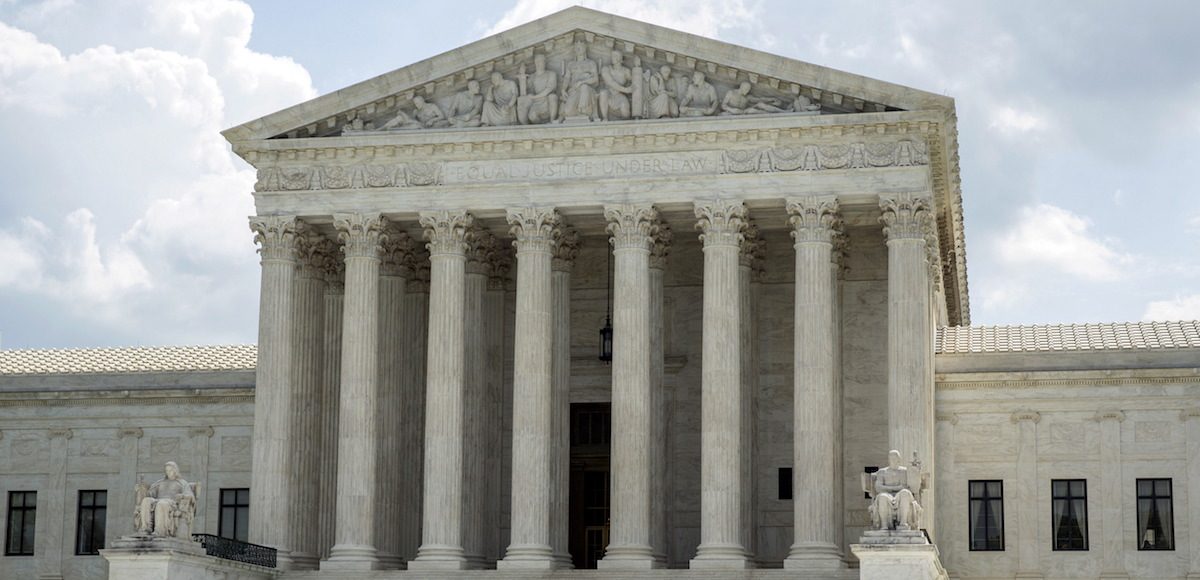
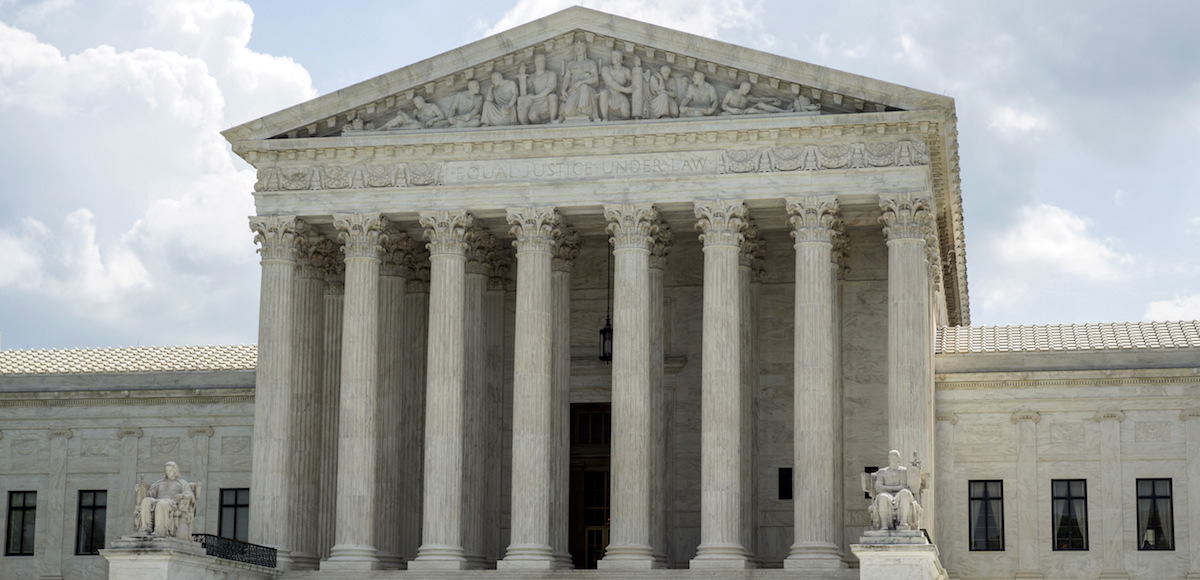
The U.S. Supreme Court stands in Washington, D.C., on May 18, 2015. (Photo: Reuters)
The U.S. Supreme Court on Monday ruled unanimously 8-0 a federal trademark law banning offensive names is unconstitutional. It was a resounding defeat for political correctness, as the ruling on Monday will widely be seen as having much broader implications.
The Court, siding with a rock band whose name had been deemed racially disparaging by the U.S. Patent and Trademark Office, ruled the law’s so-called “disparagement clause” violates the First Amendment, specifically the free speech clause.
The case centered on Oregon-based, Asian-American band The Slants, which was denied a trademark because its name was considered offensive. The law prohibited registration of trademarks that “may disparage … persons, living or dead, institutions, beliefs or national symbols.”
The band countered that the 70-year-old law violates their freedom of speech. Justice Samuel Alito, writing for the court’s unanimous opinion, agreed. While he did state in his opinion that the government “has an interest in preventing speech expressing ideas that offend,” he did so by definitely stating that these cases do not apply to what is a narrow application.
“Trademarks are private, not government, speech.”
The Court also made clear that the case required them to determine whether the disparagement clause is indeed constitutional.
“Because the disparagement clause applies to marks that disparage the members of a racial or ethnic group, we must decide whether the clause violates the Free Speech Clause of the First Amendment,” Justice Alito explained in the opinion. “And at the outset, we must consider three arguments that would either eliminate any First Amendment protection or result in highly permissive rational-basis review. ”
The Court could have skirted the issue, but it chose not to do so.
“The commercial market is well stocked with merchandise that disparages prominent figures and groups, and the line between commercial and non-commercial speech is not always clear, as this case illustrates,” Justice Alito wrote. “If affixing the commercial label permits the suppression of any speech that may lead to political or social ‘volatility,’ free speech would be endangered.”
“For these reasons, we hold that the disparagement clause violates the Free Speech Clause of the First Amendment. The judgment of the Federal Circuit is affirmed.”
The ruling was good news for the Washington Redskins and others embroiled in a legal fight over their name. The trademark office canceled the football team’s lucrative, long-standing trademarks in 2014 after declaring the word “Redskins” was disparaging to Native Americans. That’s not even remotely accurate, but even if it was is now likely to be protected under the First Amendment.
[pdfviewer width=”740px” height=”849px” beta=”true/false”]https://www.peoplespunditdaily.com/wp-content/uploads/2017/06/SCOTUS-Opinion-JOSEPH-MATAL-INTERIM-DIRECTOR-UNITED-STATES-PATENT-AND-TRADEMARK-OFFICE-PETITIONER-v.-SIMON-SHIAO-TAM.pdf[/pdfviewer]

